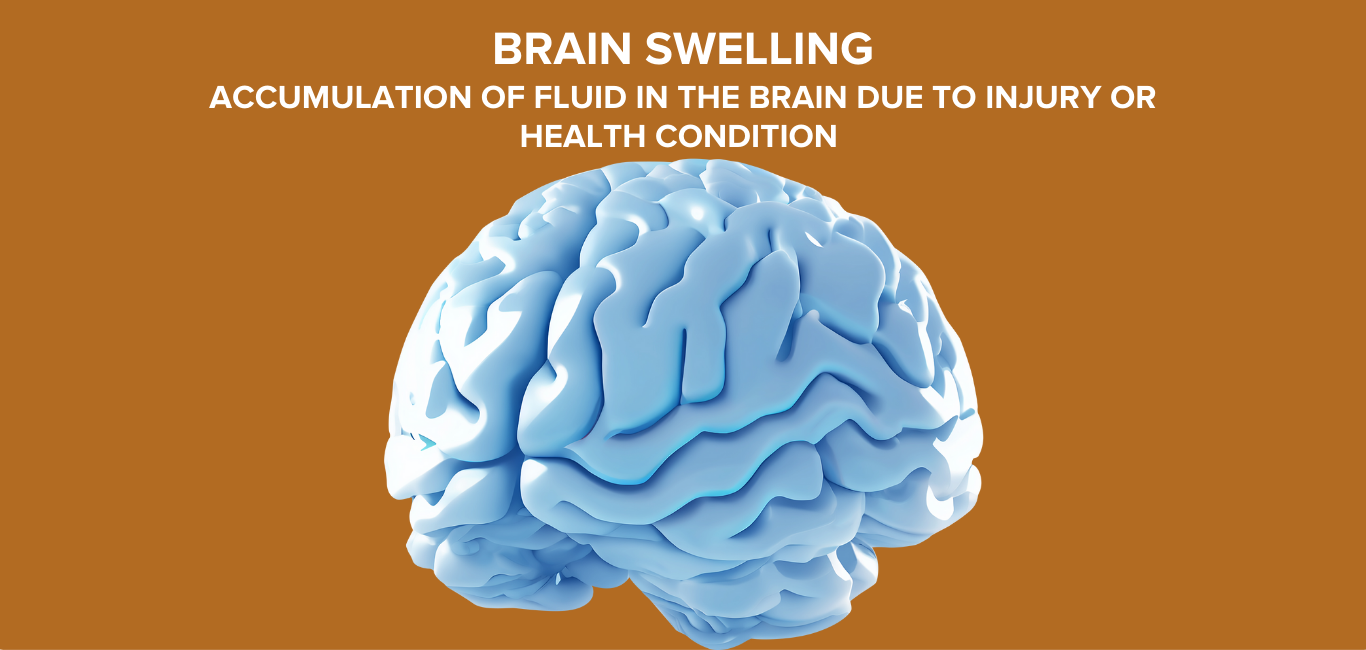
In the intricate symphony of our body’s functions, sodium is a vital electrolyte of body fluids. Sodium plays a crucial role in maintaining our water balance and ensuring the smooth functioning of our nerves and muscles. The sodium levels in the blood are maintained within a narrow range (137-142 mEq/L). But when this delicate balance is disrupted, and sodium levels dip, it causes hyponatremia or low blood sodium, the most common electrolyte disorder.
“Abrupt lowering of blood sodium in short duration (<48 hours) is termed ‘acute’. However, if low blood sodium persists for more than 48 hours, it is often termed ‘chronic'”, says Dr Sanjeev Kumar Hiremath, chief nephrologist and transplant physician, Sagar Hospital, Bengaluru.
He adds that if sodium concentration falls acutely (less than 120 mEq/L), it causes overhydration and water retention, leading to swelling of the brain or cerebral oedema. In other words, the brain begins to retain water leading to swelling. Cerebral oedema can occur along with other symptoms such as seizures and coma, pulmonary oedema (fluid in lungs), and brain stem herniation (protrusion of the brain through skull orifices). “It could be a fatal condition if untreated,” says Dr Hiremath.
What causes brain swelling?
Brain swelling can result mainly from two reasons:
- Psychiatric conditions — intense exercise-, or substance abuse- triggered thirst, leading to excessive water intake, inducing ‘water intoxication‘ in the body.
- In clinical setups, excessive administration of intravenous (IV) fluids.
When there is overhydration in the body, the water will move into the brain tissue. This will result in swelling of the brain cells and brain oedema.
In the natural defence against brain swelling, first, the water from the brain begins to drain into the cerebrospinal fluid (the fluid surrounding the brain) and ultimately to the body’s circulation. Then, the brain cells actively remove ions such as sodium, potassium and chloride from within. The quickly occurring process reaches a new steady state after about three hours.
However, there appears to be a limit to this compensatory mechanism, and swelling is the predominant brain injury from acutely low blood sodium. The most dramatic effects are seen when blood sodium concentration is reduced quickly, allowing little or no adaptation.
Symptoms
The brain is confined inside the skull, a non-extensible chamber. Hence, “Brain swelling leads to compression of the brain inside the rigid skull, causing an increase in pressure in the skull (intracranial pressure or ICP),” says Dr Vidyashankar P, Lead Consultant-Nephrology, Aster CMI Hospital, Bengaluru. He adds that Cerebral oedema causes various symptoms such as headache, delirium (state of confusion), nausea and vomiting. Moreover, it can rapidly progress to uncontrollable shaking and limb movements (convulsions), seizures, coma, and respiratory arrest and could soon turn fatal. Recent studies have suggested that low blood sodium carries a significant risk of neurological impairment even in the absence of brain swelling.
Read more: Seizures: symptoms, causes, diagnosis and treatment
Read more: Brain hypertension is linked to metabolism, not just neurology: study
What to do
Dr Hiremath says, “Raising the blood sodium levels by 4-6 mEq/L is sufficient to decrease the swelling.” He suggests a few measures:
- The daily water intake is restricted to 1-1.5 litres per day.
- A low sodium level is rapidly increased by intravenously giving a 3% saline solution.
- After this, vaptans are given to help the kidneys remove excess water. Vaptans prevent the hormone vasopressin from acting upon the kidneys and increase water flushing.
It has recently been shown that the administration of urea can decrease intracranial pressure in acute brain injury and low blood sodium cases. Urea is also produced in our body and is routinely administered to people with low blood sodium who are not responding to saline.
Read more: Know the brain regions

















